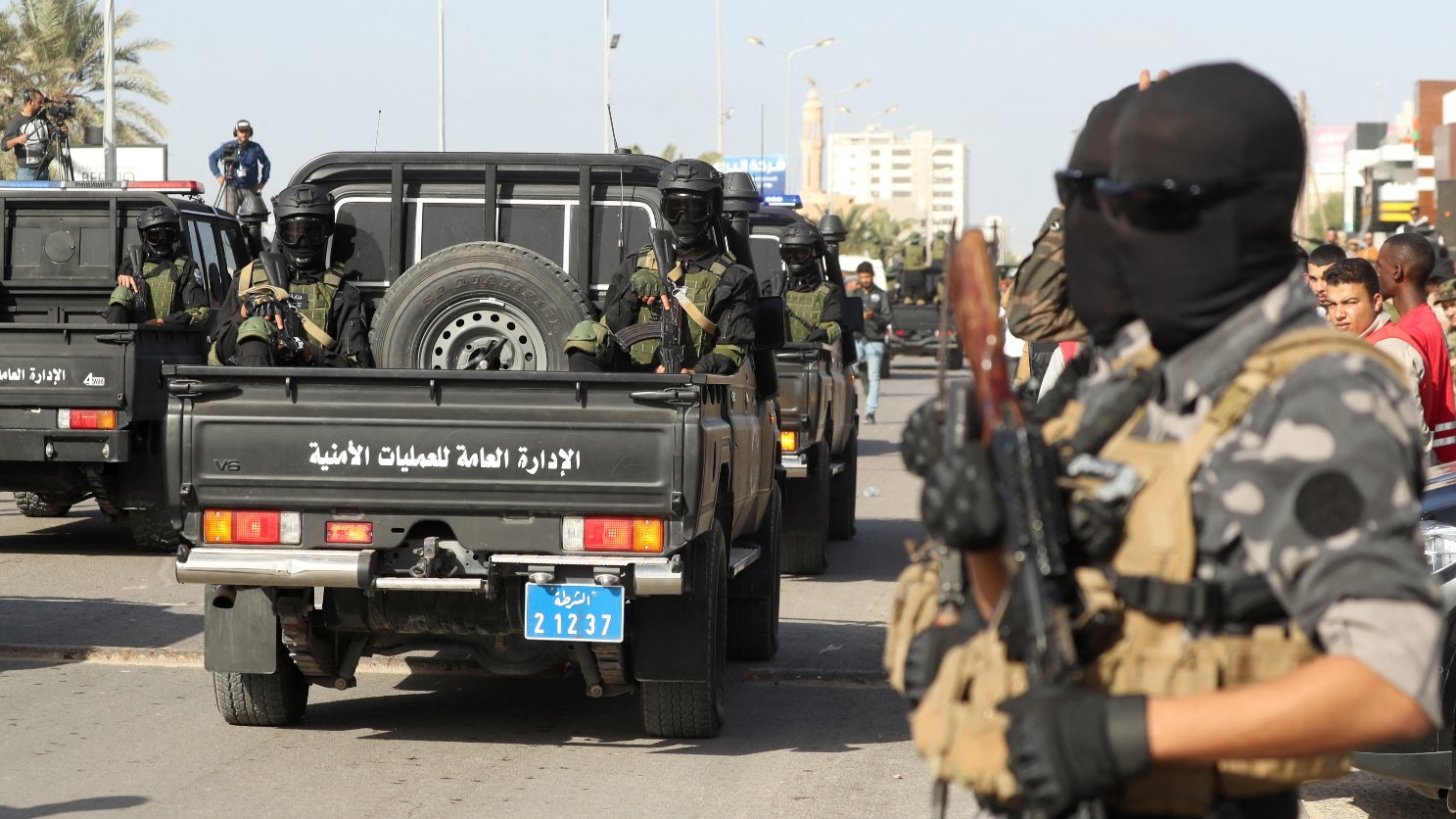Libya: Authorities impose 'severe' crackdown on rights groups, says HRW

Libyan authorities are imposing "severe restrictions" on local and foreign civil society groups, obstructing their work in the war-torn North African country, according to a Human Rights Watch (HRW) report published on Tuesday.
"Libya's Government of National Unity (GNU) and other authorities are cracking down on non-governmental domestic and foreign organisations," the New York-based rights group said in a statement.
Libya's Government of National Unity, an interim government based in the capital Tripoli, "should withdraw onerous registration and administration requirements and ensure that civic groups are free to operate", HRW added.
According to the rights group, the Tripoli-based government had announced in March that "domestic and foreign non-governmental organisations could continue operating only if they 'correct their legal status' in line with a draconian" law adopted during the government of Muammar Gaddafi.
The decision followed "months of increasing restrictions on civic group activities, including harassment and at times detention and prosecution of local staff members and obstacles for non-Libyans working in humanitarian, human rights, and other non-governmental organisations to obtain entry visas", HRW said.
New MEE newsletter: Jerusalem Dispatch
Sign up to get the latest insights and analysis on Israel-Palestine, alongside Turkey Unpacked and other MEE newsletters
The rights watchdog called on Libyan authorities to rectify the situation, including by adopting a "civil society organisation law that guarantees the right to freedom of association and expression consistent with international law and best practices".
It also called for a reform of the penal code, and redefining criminal acts to exclude the peaceful exercise of the right to express opinions, assemble and establish associations.
Libyan legislators and authorities must also "repeal the death penalty as a punishment for establishing or participating in unlawful organisations", HRW said.
"Libyan authorities are crushing civic space using the tired pretext of enforcing regulations," said HRW's Hanan Salah.
"The authorities should instead be protecting that space by upholding the right to freedom of association."
Control of Libya is divided between two rival governments, the Tripoli-based GNU led by Abdul Hamid Dbeibah and the eastern-based administration of Fathi Bashagha, the latest configuration in years of turmoil since the 2011 Nato-backed uprising that toppled former dictator Muammar Gaddafi.
Presidential and legislative elections, initially set for December 2021, have been postponed several times due to issues including the legal basis of the polls and the participation of controversial candidates.
Hoping for elections
Also on Tuesday, the UN's special ambassador to Libya said that the country has a "historic opportunity" to tackle the political crisis that has haunted the country since 2011, adding that the past few weeks have been a cause of hope for elections later this year.
"An historic opportunity is open for overcoming the decade-long crisis," Abdoulaye Bathily, head of the United Nations Support Mission in Libya (UNSMIL), told a Security Council meeting.
"There has been a new dynamic in Libya" in recent weeks, Bathily said.
"Intensive consultations have taken place amongst security actors. Institutional and political leaders have also taken action to move the political process forward."
Representatives at the gatherings "committed to support all stages of elections, reject violence throughout Libya (and) take practical steps for the safe return of the internally displaced persons," he said.
These meetings served a substantial symbolic purpose in the effort to reconcile and unify the country, he added.
Last month, Bathily said he hopes to have an agreement set "by mid-June" to hold elections before the end of 2023.
Middle East Eye delivers independent and unrivalled coverage and analysis of the Middle East, North Africa and beyond. To learn more about republishing this content and the associated fees, please fill out this form. More about MEE can be found here.

